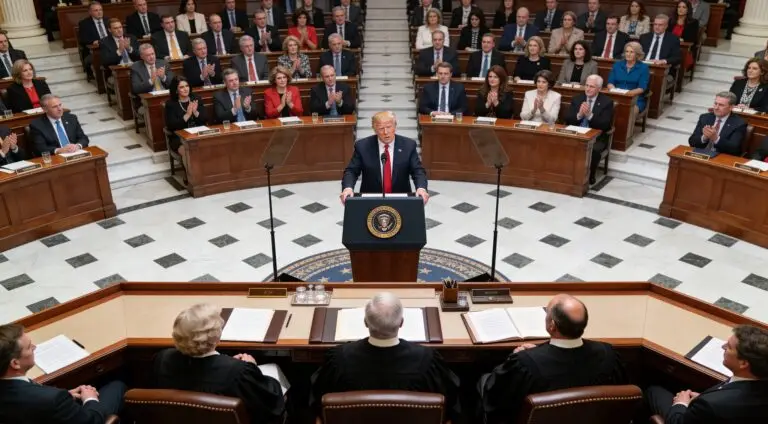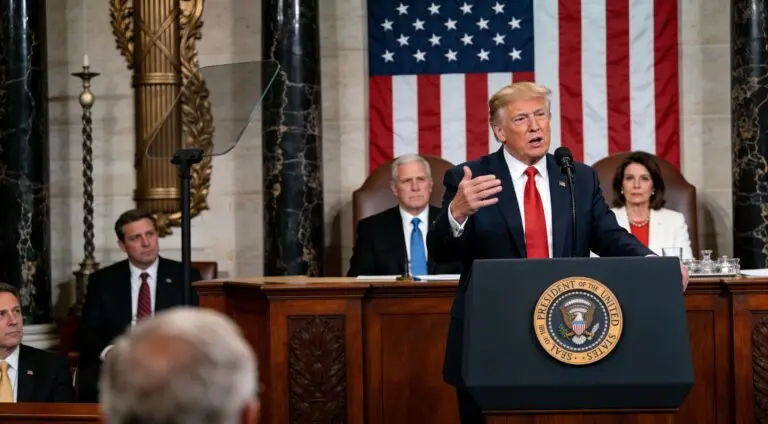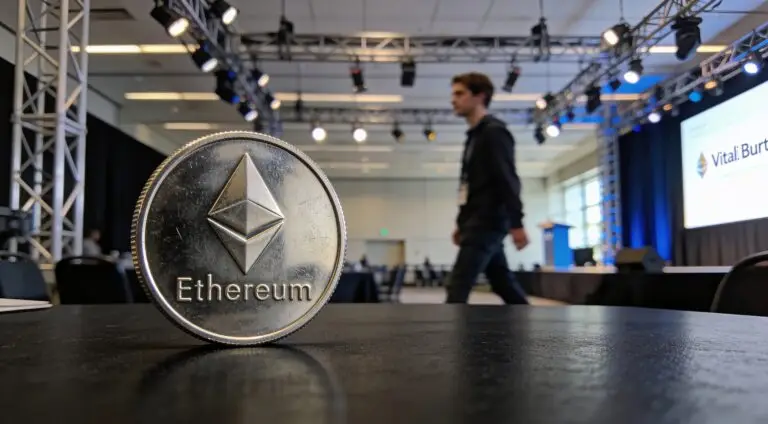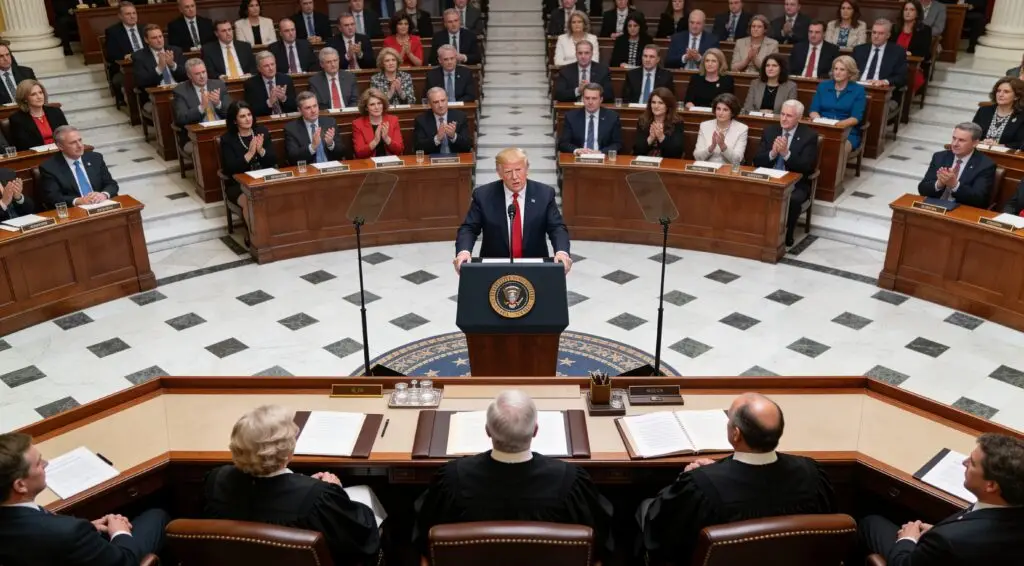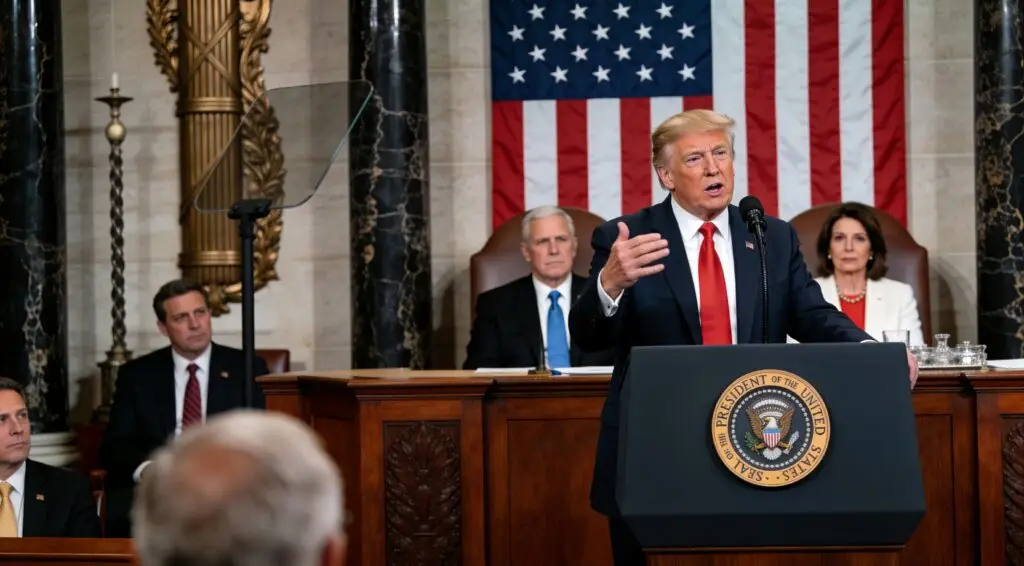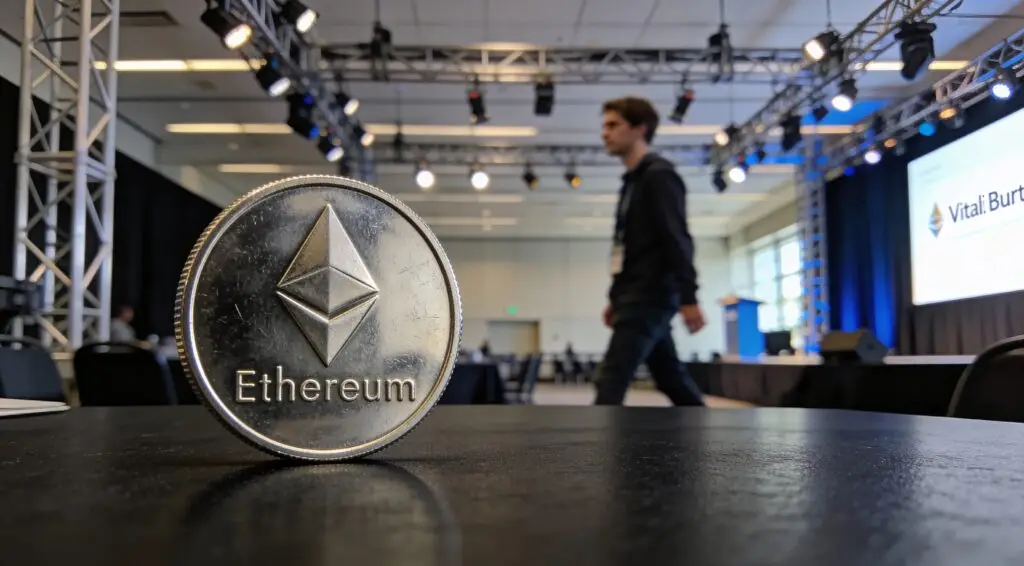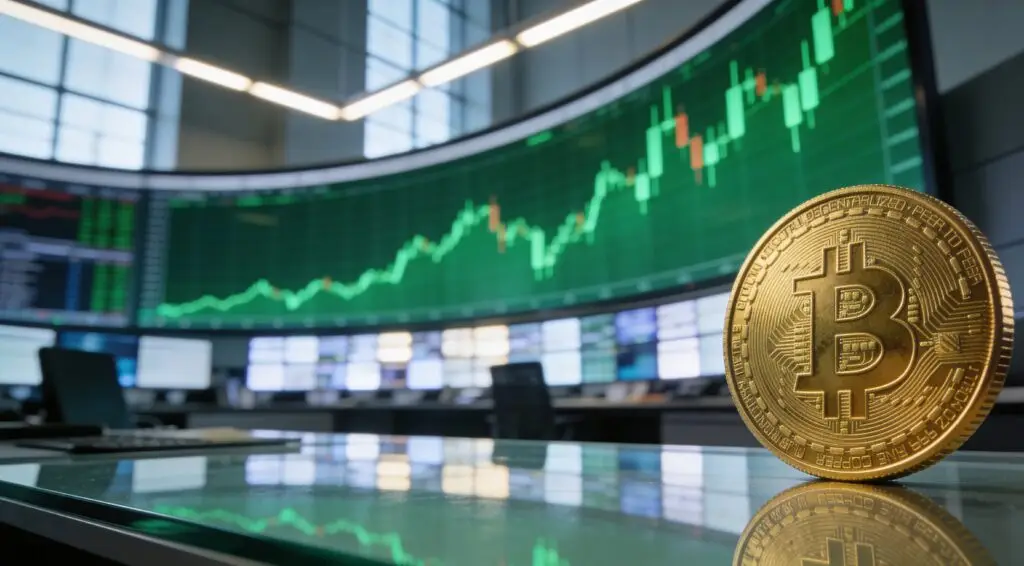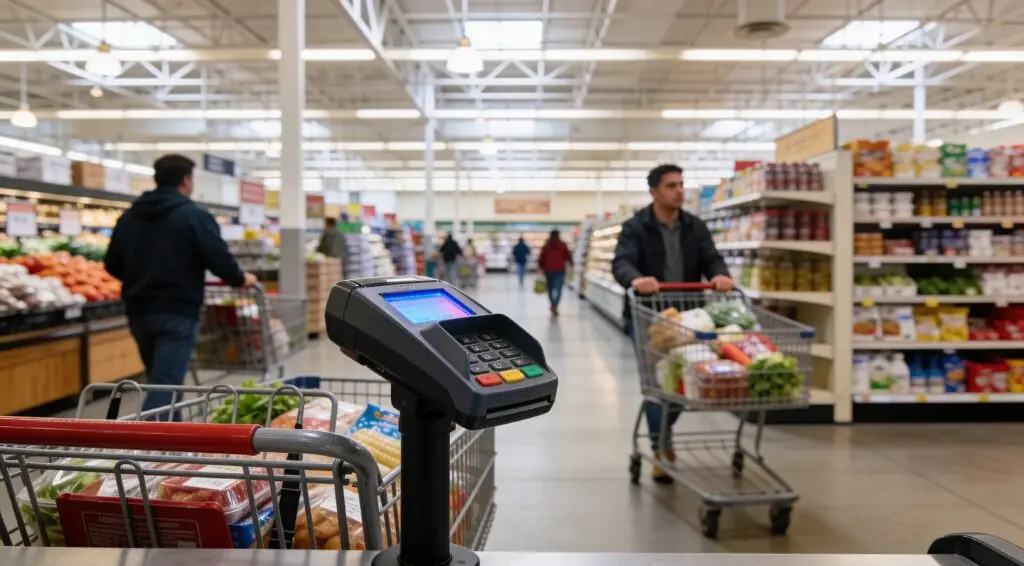Magnum Listing Stalled as SEC Halts IPO Reviews
Unilever has announced that the spin-off of its Magnum Ice Cream subsidiary will be delayed due to the shutdown of the U.S. federal government, which has prevented the Securities and Exchange Commission (SEC) from reviewing new stock listings.
The company had planned to put the company on the market in Amsterdam on November 10, with secondary listings in New York and London. Unilever, which also owns Ben & Jerry’s and Cornetto, is committed to completing the spin-off later this year and is working on preparing for the demerger.

U.S. Shutdown Ripple Effect on Global Markets
The U.S. government shutdown, currently in its third week, is causing significant economic disruptions due to thousands of government workers on leave. This has led to regulatory bodies like the SEC not completing IPO paperwork, causing billions of dollars in missed productivity.
Analysts estimate that the closure costs the U.S. economy up to $15 billion a week in missed productivity, impacting industries like aviation, manufacturing, and capital markets. South Korea’s DeepGreenX Group canceled its plans to list on the U.S. stock market due to its inability to contact SEC officials.
Magnum’s Stand-Alone Business Still on Track
Unilever plans to spin off Magnum, a company that includes the Ben & Jerry’s and Cornetto brands, despite a delay. The listing is a structural issue, not a strategic one. Unilever will retain a 19.9% interest in the new firm, allowing it to profit from future expansion and giving Magnum more freedom.
The new company aims to simplify product development and marketing, meet global demand for high-quality ice cream, and keep up with health trends. Market observers believe the spin-off will test investor interest in luxury brands.
Recommended Article: Climate Urgency Rises as Sustainability Experts Call for Action
Analysts: “Delay Not a Concern for Long-Term Investors”
Most Unilever investors didn’t care about the announcement. They saw the delay as a little problem with the process, not a big problem with the company’s strategy.
Anna Farmbrough, a portfolio manager at Ninety One, a large Unilever shareholder, stated, “We’re not worried about the delay.” “The timing of the listing isn’t that important; what’s important is the quality of the business and its long-term growth potential.” Tuesday saw a 0.8% drop in Unilever shares, which was only marginally worse than other companies in the consumer goods industry.
Regulatory Freeze Puts IPO Market on Ice
The SEC has stopped reviewing IPOs during the shutdown, but earlier this month it put in place certain restricted guidelines that let businesses go forward with tighter self-certification procedures. Before a company may publicly list its shares, it usually needs SEC clearance for its registration statements.
Experts say that letting files automatically take effect after 20 days is a larger legal and compliance risk, especially for multi-market listings like Unilever’s. The freeze has made them even more worried that political impasse in Washington will hurt investor confidence and push back billions of dollars in corporate fundraising that is supposed to happen in the fourth quarter of 2025.
Next Steps for Unilever and Shareholders
On Tuesday, Unilever conducted a meeting for all of its shareholders. During the meeting, shareholders opted to combine share capital as part of the company’s restructuring. The implementation timescale, on the other hand, will now be changed to match the new IPO plan.
Executives said again that the corporation is still dedicated to completing the spin-off “within 2025,” which shows that they are sure the U.S. government will overcome its budget impasse before the end of the year. When the Magnum listing is done, it will be one of the biggest consumer IPOs in Europe this decade, and the ice cream segment might be worth more than $25 billion.
Global Implications of the Shutdown
The Magnum delay shows how the U.S. shutdown affects businesses all across the world, especially multinational companies that depend on getting permits from U.S. regulators. Economists say that if nothing is done for a long time, it might not only stop IPO pipelines but also slow down investment flows between the U.S. and Europe, which would put off business mergers and expansions until early 2026.
Unilever’s spin-off may be on hold for now, but experts are sure that it will go through once the U.S. government reopens. This shows that even the biggest companies in the world aren’t safe from Washington’s political frost.




